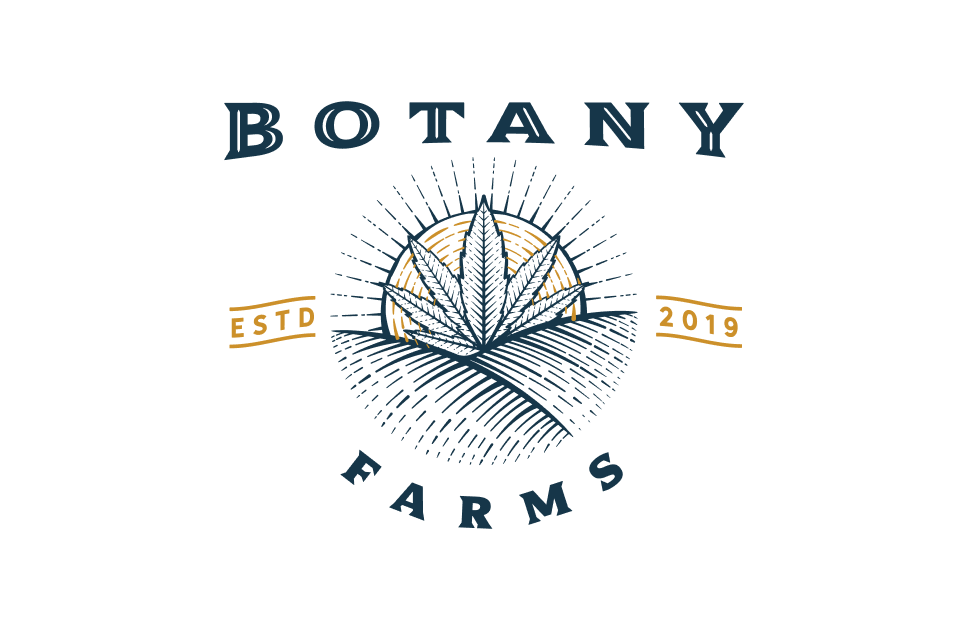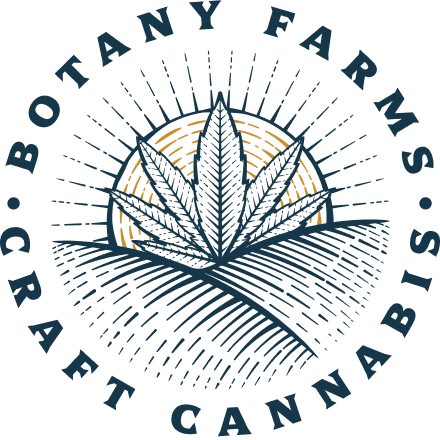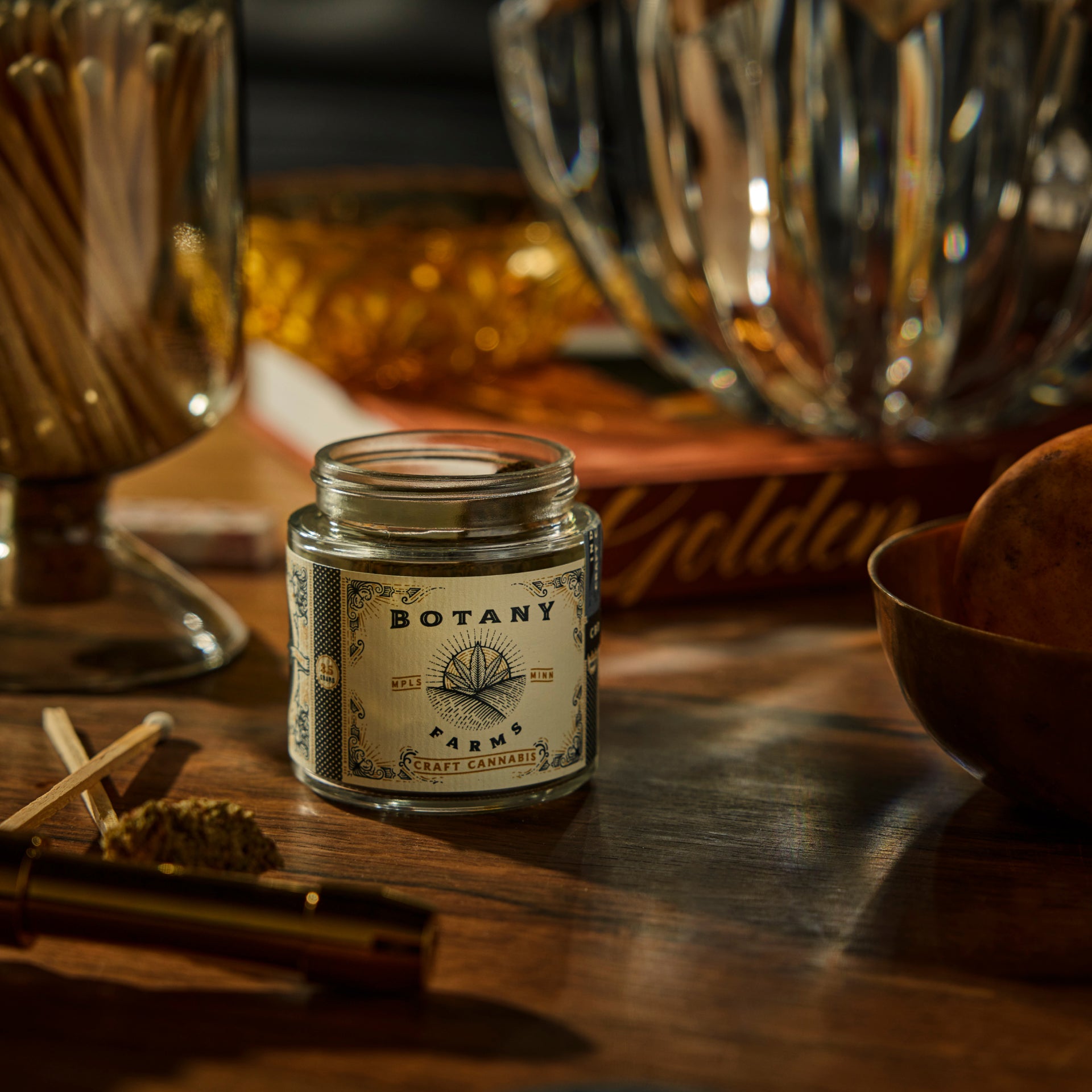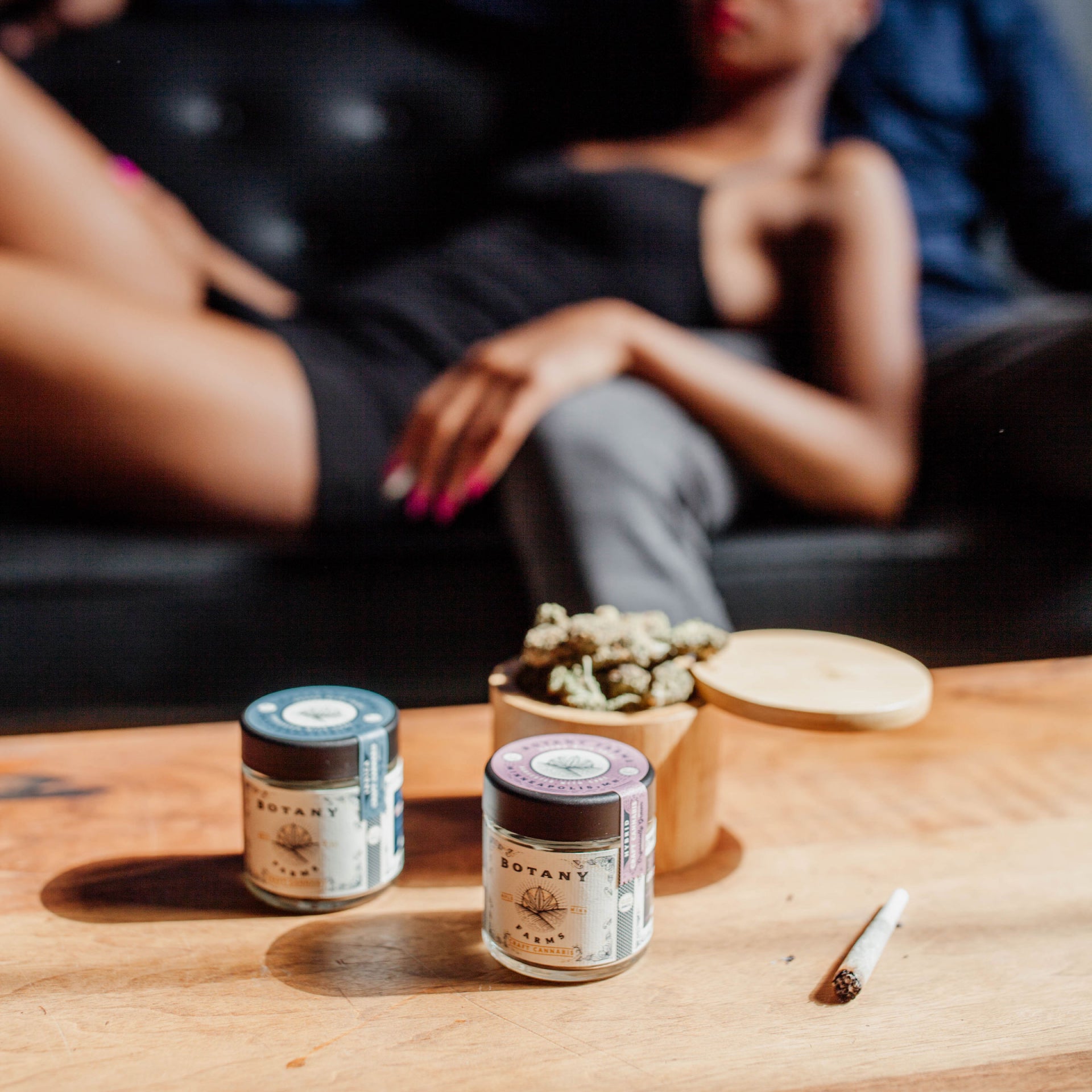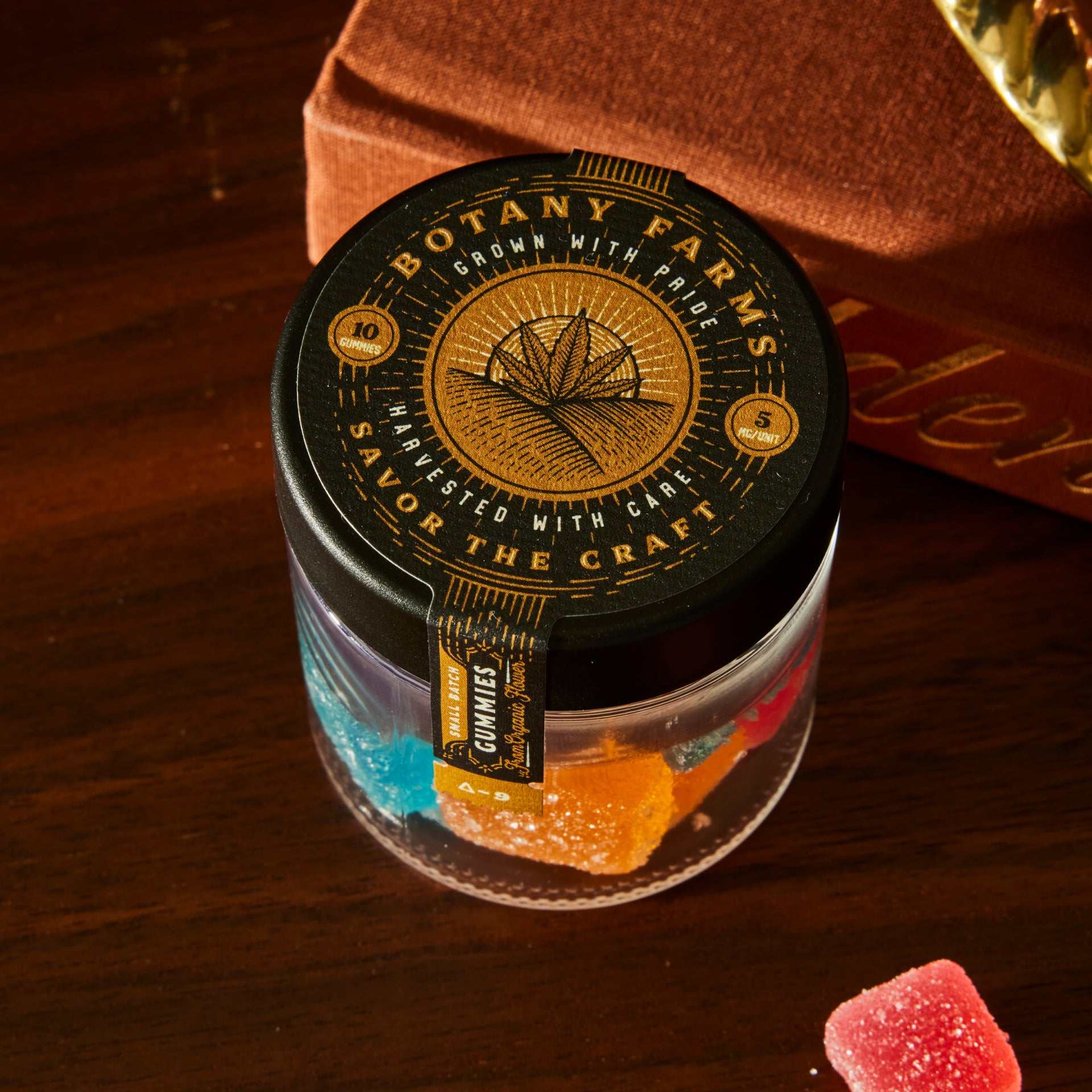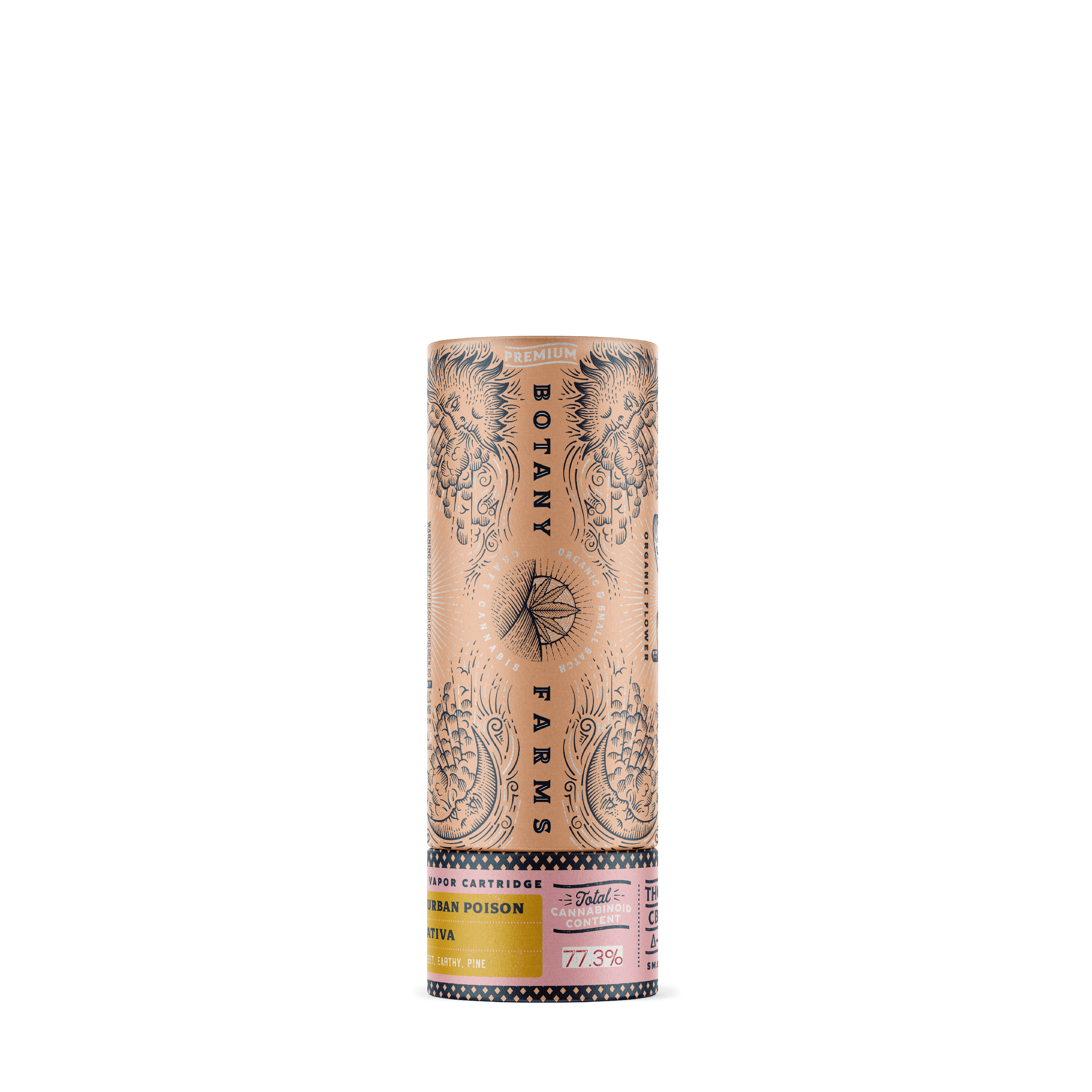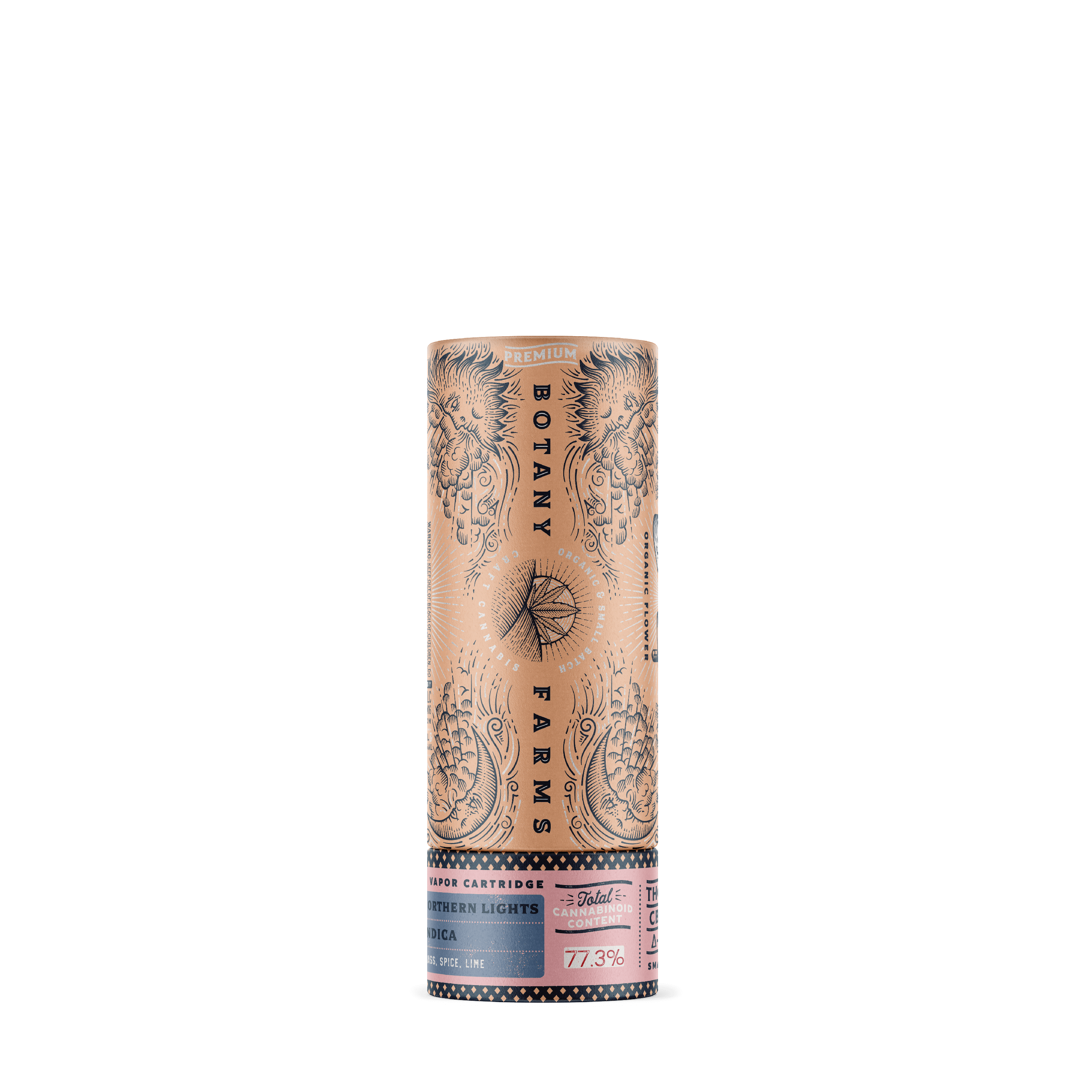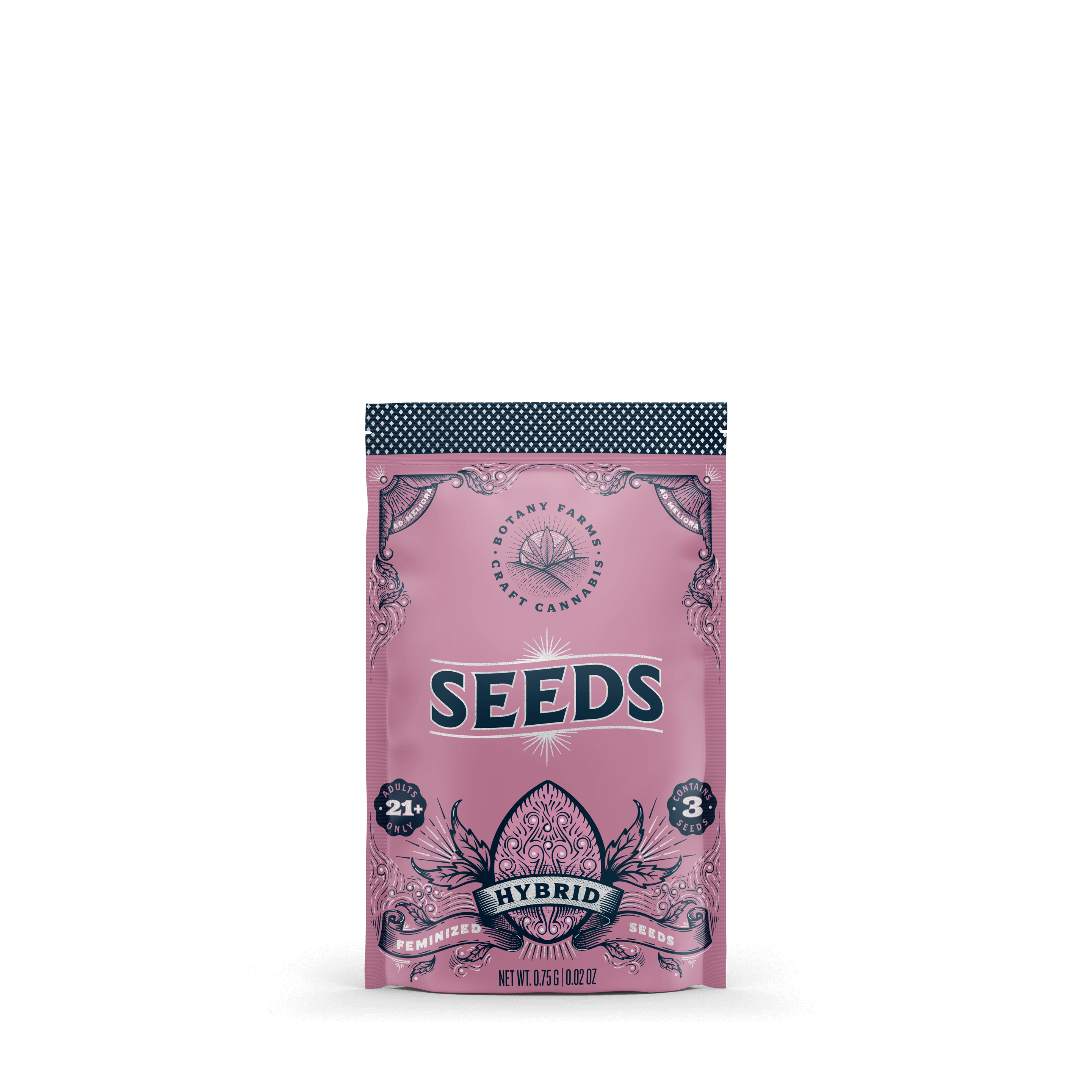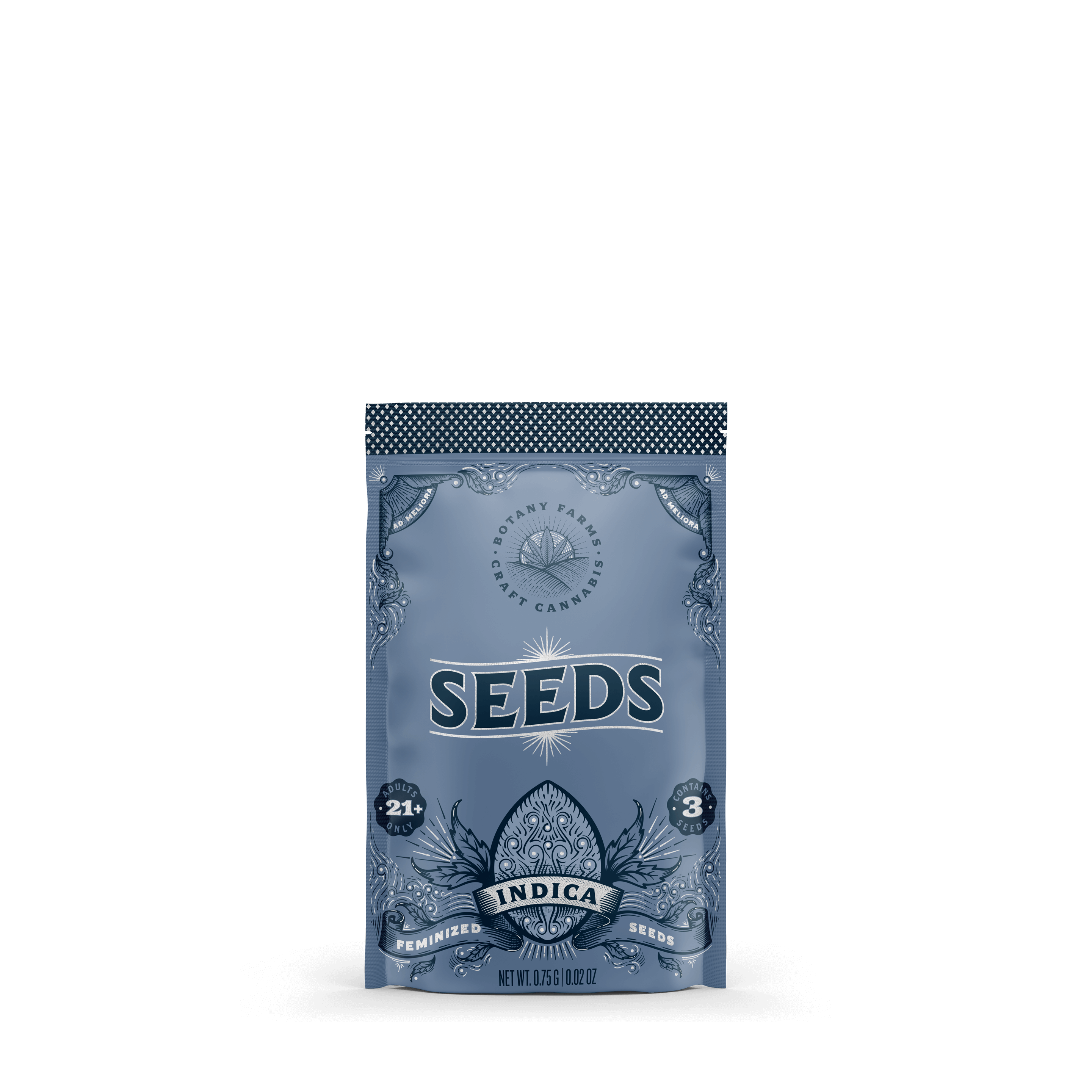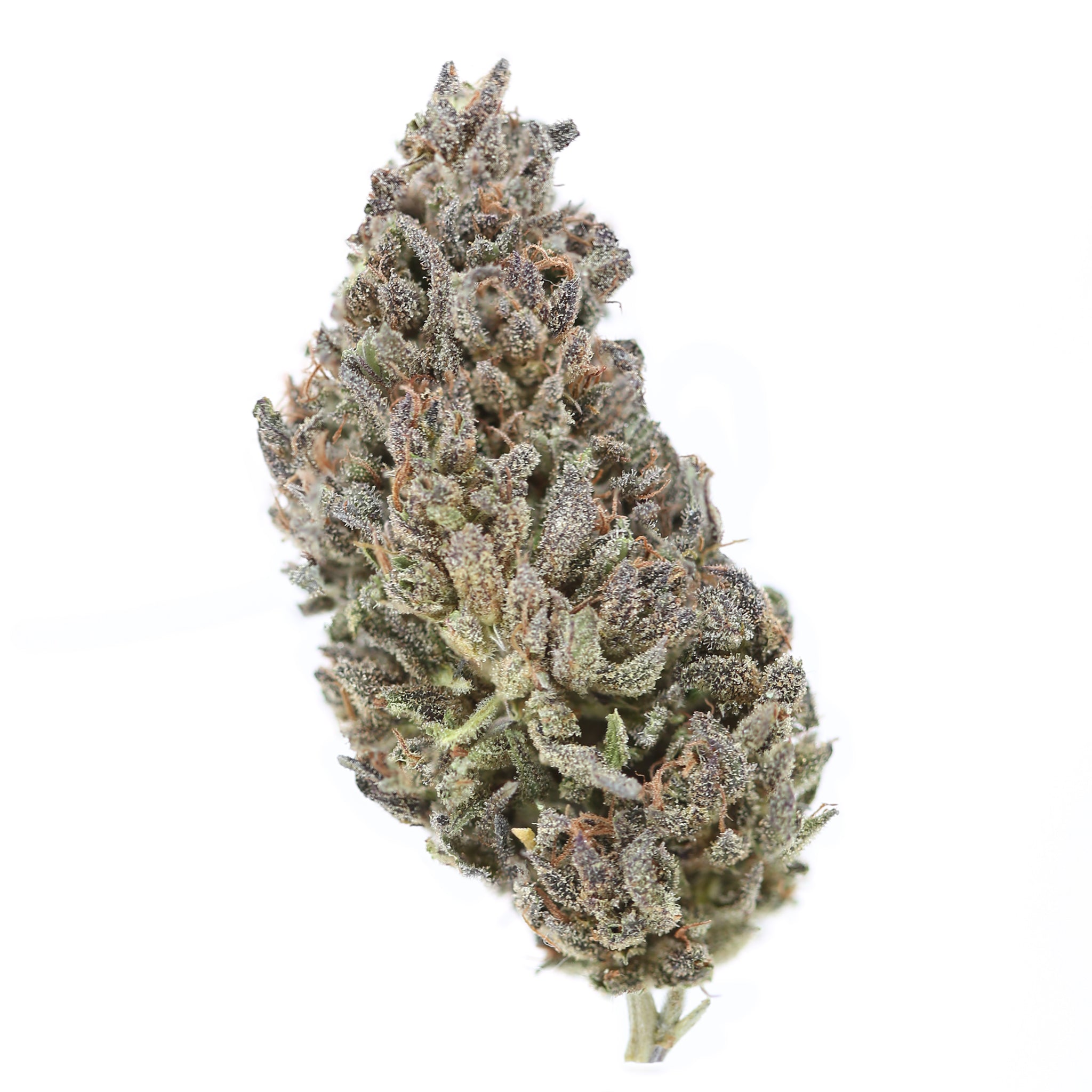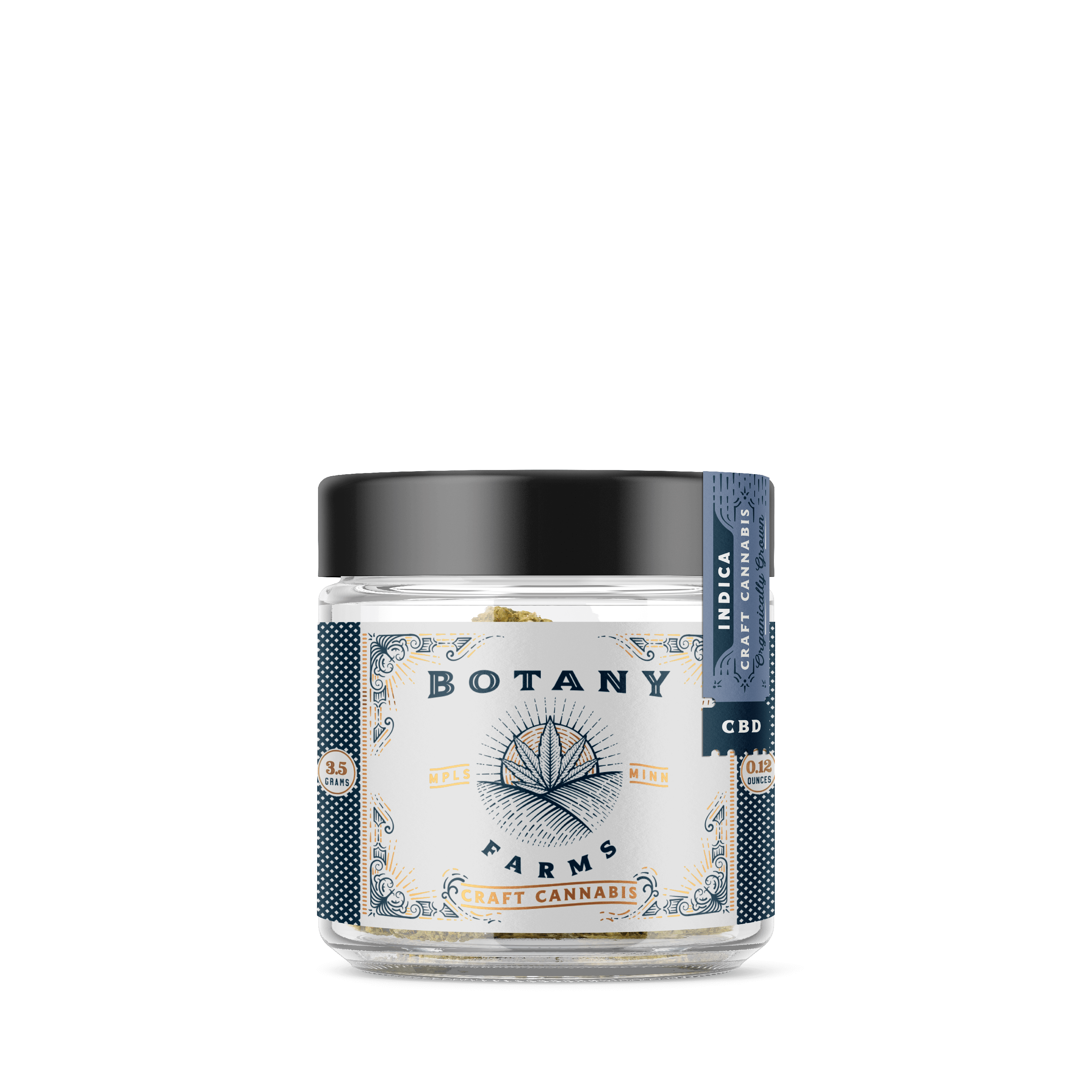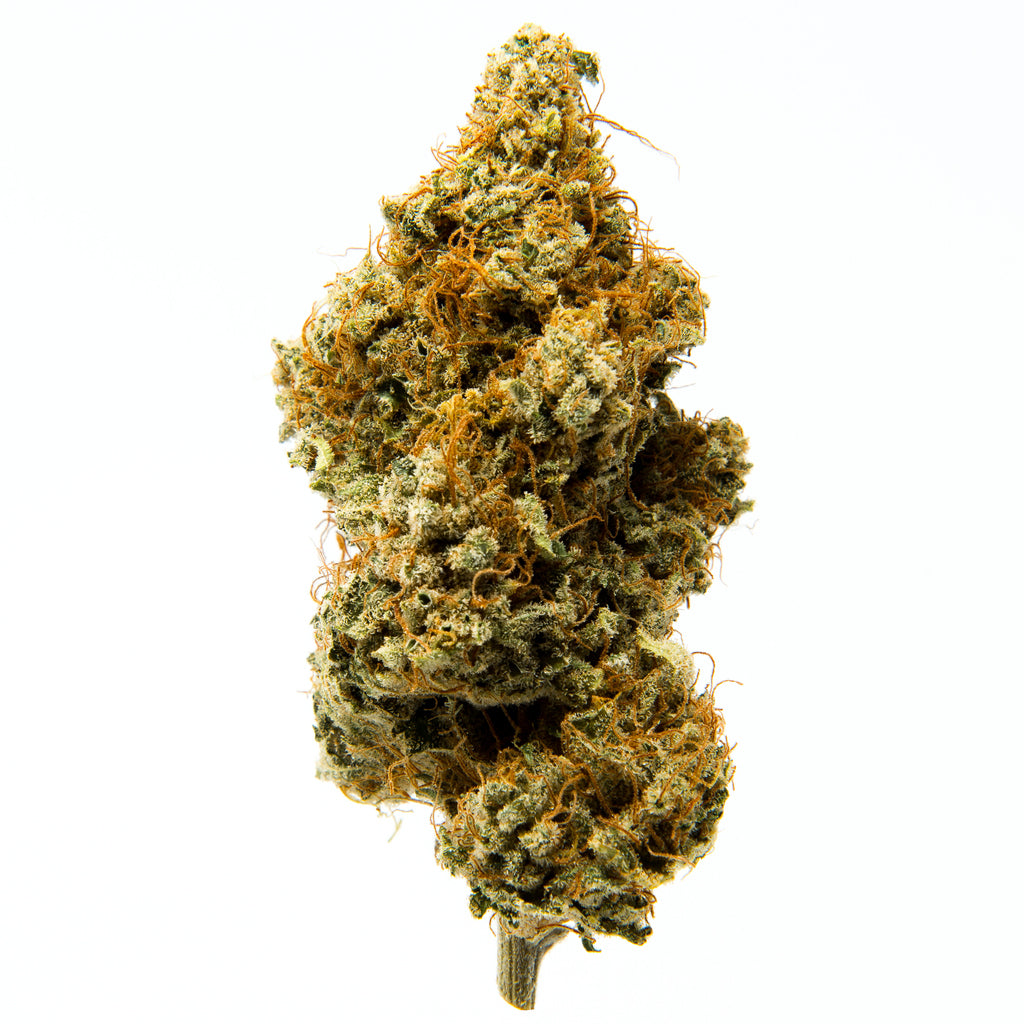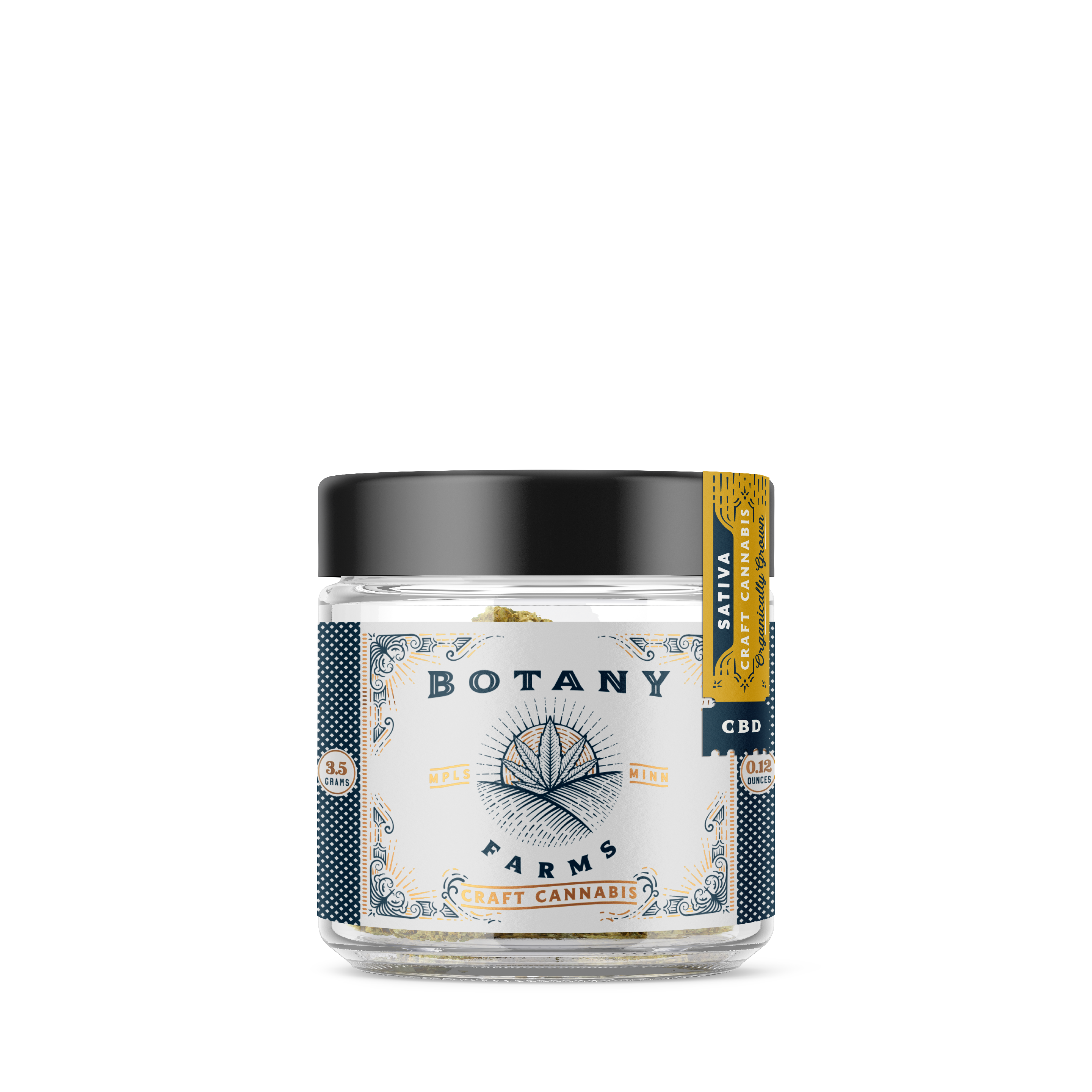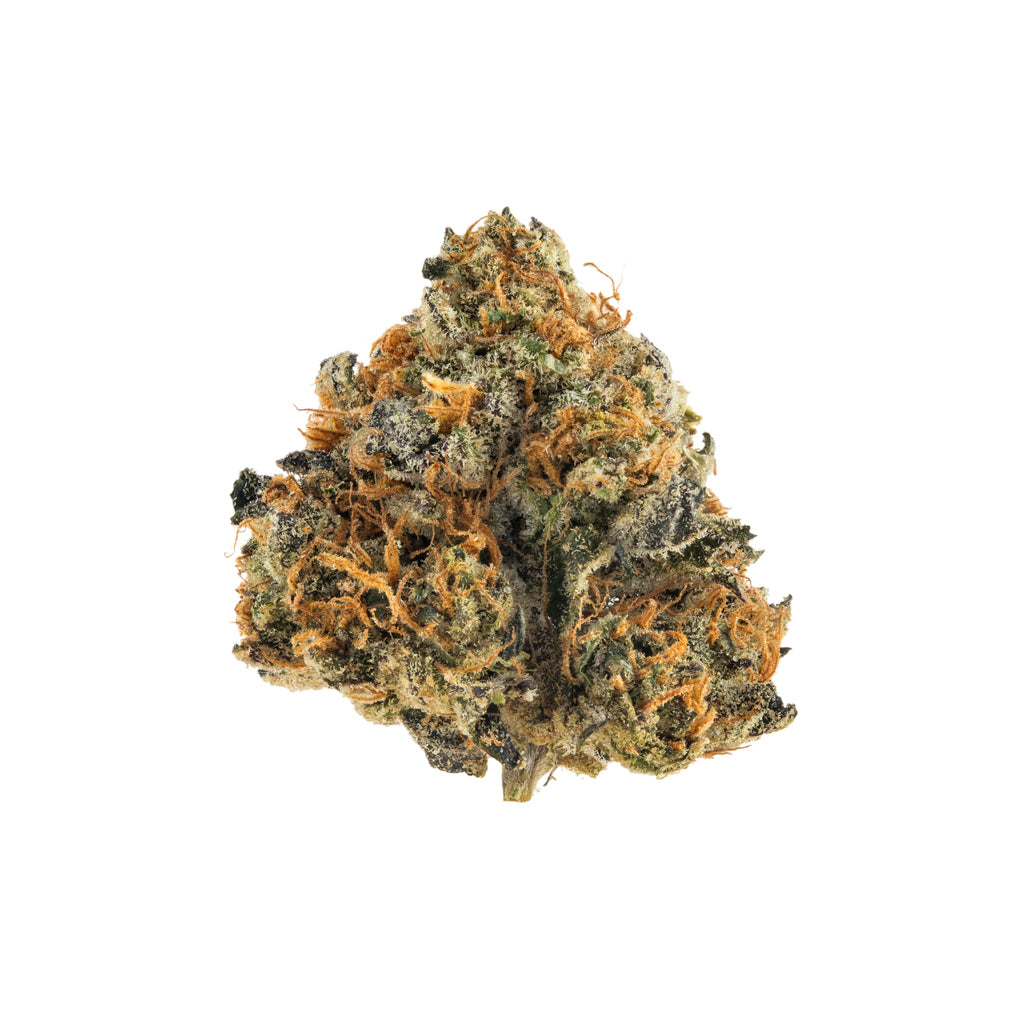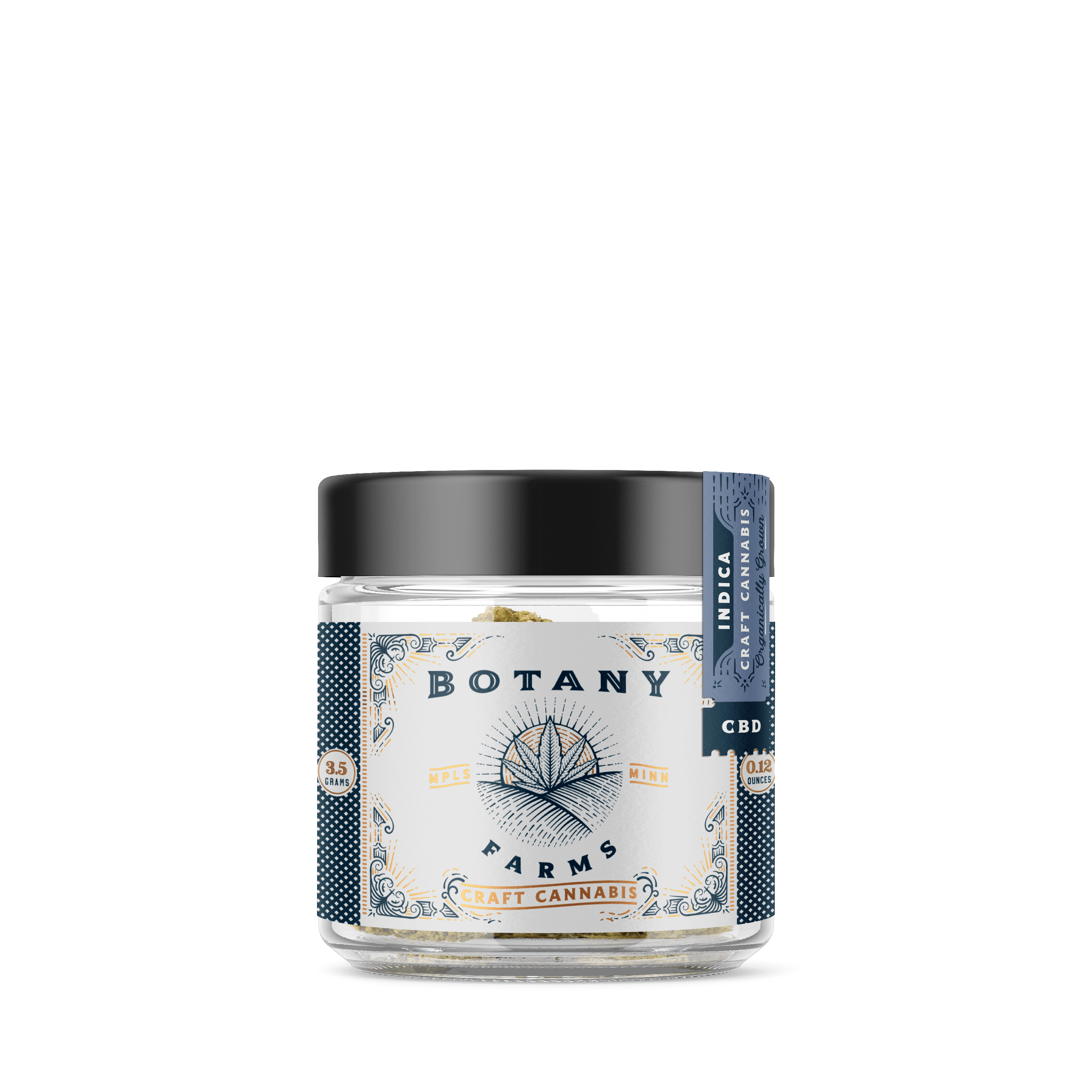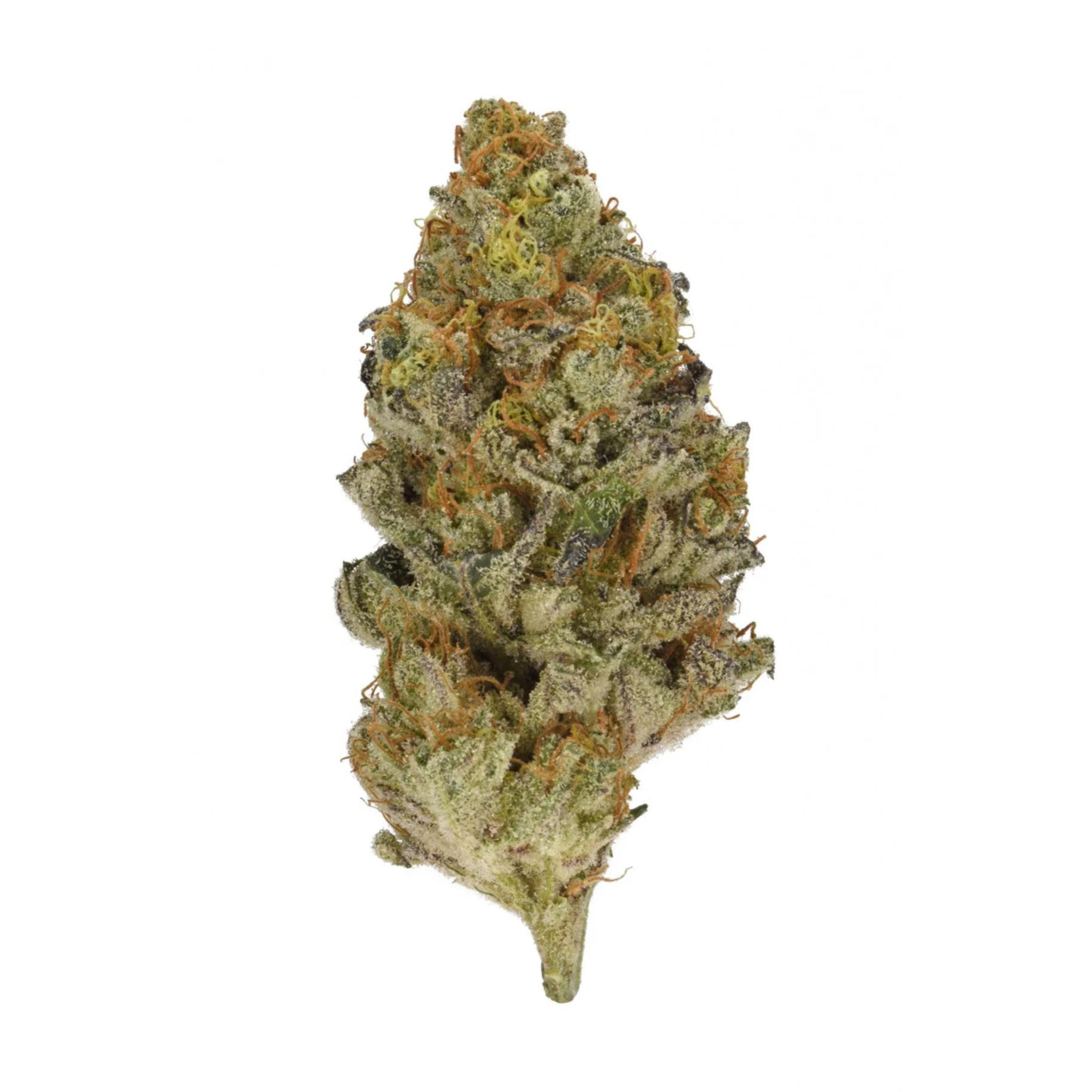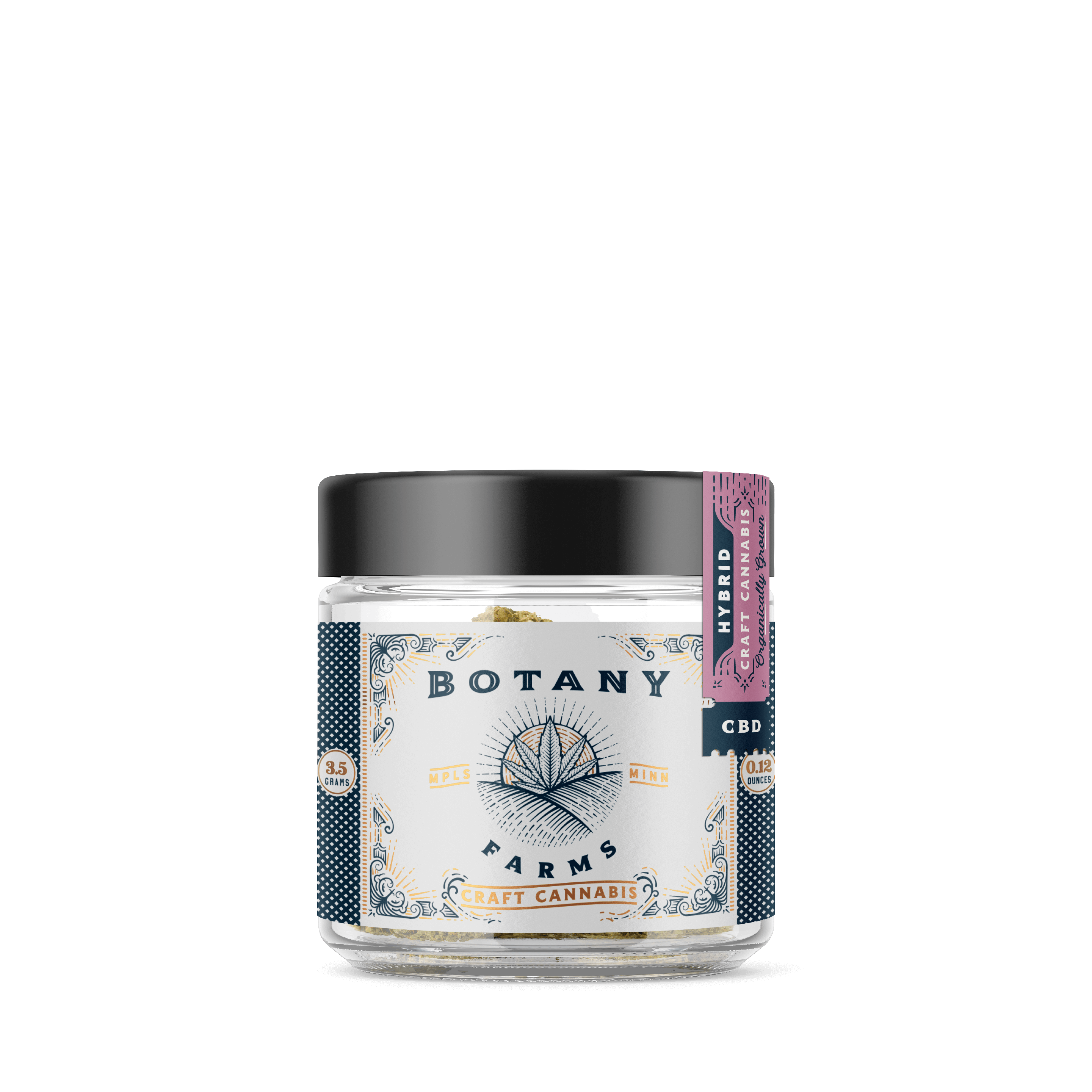If you are a curious person and like to learn about the scientific side of cannabis, then THCA will catch your eye. Why? Mainly because the percentage of THC present in your cannabis strain of choice will be directly related to the amount of THCA that the plant contains.
As soon as you begin to get acquainted with cannabis and everything related to this plant, one of the first things you hear mentioned is the infamous and controversial THC. Without a doubt, it is the most famous of the cannabinoids and the compound responsible for psychoactive intoxication. However, we must highlight the fact that this is only one of the cannabinoids that occur from the transformation of CBGA.
Key Takeaways
- THCA (Tetrahydrocannabinolic acid) is a non-psychoactive precursor to THC in cannabis and hemp, formed from cannabigerolic acid (CBGA).
- The conversion from THCA to THC, known as decarboxylation, occurs through heat exposure; only 30-70% of THCA in plant matter converts to THC when smoked.
- THCA has potential health benefits, including anti-inflammatory, anti-proliferative, antispasmodic, anti-emetic, anti-obesity, immune-boosting, and neuroprotective properties.
- To utilize THCA without converting it to THC, raw cannabis juicing is recommended, as well as using THCA crystalline isolate in food or tinctures for direct consumption.
What is THCA?
| Description | |
|---|---|
| Definition | THCA is a precursor cannabinoid to THC, found in raw cannabis plants. |
| Formation | Produced from CBGA (cannabigerolic acid) in cannabis plants, THCA transforms into THC through decarboxylation (exposure to heat). |
| Psychoactivity | THCA itself is not psychoactive. It must be converted into THC to produce psychoactive effects. |
| Benefits | Preliminary studies and anecdotal evidence suggest THCA may have analgesic, anti-inflammatory, anti-proliferative, antispasmodic, anti-emetic, anti-obesity, and neuroprotective properties. |
| Extraction and Use | THCA can be extracted through raw cannabis juicing or as a crystalline isolate. It can be consumed in various forms, including raw in juices, capsules, tinctures, and added to food preparations. |
| Conversion to THC | When exposed to heat or light, THCA converts to THC, the compound known for its psychoactive effects. |
| Potency Calculation | The total THC content in cannabis is calculated using the formula: Total THC = (THCA x 0.877) + THC. |
| Consumption Methods | THCA can be consumed without psychoactive effects if not heated. Common methods include raw juicing, adding to food, or using as a tincture. When heated (as in smoking or vaping), it converts to THC. |
It is necessary to speak about CBGA to understand how THCA forms. Both cannabis and hemp plants produce an organic compound called cannabigerolic acid, or CBGA. In turn, each strain of cannabis contains unique enzymes that, as cannabis plants grow, synthesize CBGA into one of these three main groups: precursor cannabinoids, THCA, CBDA, and CBCA.
To become THC, THCA has to lose its acidic carboxyl group. This is possible through decarboxylation, which happens when you expose the THCA in the plant to heat. That’s why most people who look for a high smoke, vape, or bake their THC-rich cannabis into edibles.
The total THC percentage within the cannabis strain you choose will be directly related to the THCA content present in the plant. To calculate the total THC a bud has, starting from the THCA content, the most commonly used method is gas chromatography.
In this process, heat is applied to a sample of the cannabis plant material to decarboxylate the THCA into THC. The plant loses weight as the THCA molecules lose their acidic carbonyl group. It is necessary to consider all of this data to calculate the total THC percentage using a simple formula:
Total THC = (THCA x 0.877) + THC
However, under normal smoking conditions, not all THCA will be converted into THC. In fact, the average THCA content present in the plant matter will not convert into THC. Only between 30 and 70% of the total THCA will synthesize into this compound.
Calculating the exact THC percentage is not an exact science though. Nevertheless, this formula can give a perfect idea of an approximate THC percentage present in the raw cannabis material.
THCA Effects and Benefits
Although there is still a long way to go towards a proper understanding of THCA’s effects and benefits, there are many preliminary studies and anecdotal arguments. In this sense, many have experienced the benefits that THCA can bring to the human body’s efficient functioning and health. Among the proven benefits of THCA include:
Analgesic and Anti-inflammatory: Same as other primary cannabinoids, THCA demonstrated to have anti-inflammatory effects, according to a 2011 study. Additionally, a recent 2021 study showed that THCA might be a potential treatment for fatty liver disease due to its anti-inflammatory features. These same features proved to help reducing pain.
Anti-Proliferative: In-vitro and in-vivo studies published in 2013 proved that THCA inhibits prostate carcinoma growth showing pro-apoptotic effects and underlying mechanisms.
Antispasmodic: Studies showed that THCA could have antispasmodic properties, helping control involuntary muscle spasms.
Anti-emetic: a 2020 study found that both THCA and CBGA perform great in reducing nausea in mice even more than THC and CBD.
Anti-obesity: Although scientists need to do more research to prove this fully, a 2020 study found that THCA has an apparent ability to reduce obesity, help to treat diabetes and fatty liver disease.
Immune system booster: THCA demonstrated to both improve and potentially suppress the immune system functions.
Neuroprotective: According to a 2017 study, THCA may perform as a neuroprotective agent against neurodegenerative diseases.
Does THCA Get You High?
As a primary form of THC, the psychoactive compound of cannabis, some may assume it has the same intoxicating effects as the latter. However, THCA by itself is not psychoactive at all since it needs to transform into Delta-9 THC to have intoxicating effects by exposing to heat. For this reason, many patients or cannabis lovers with low THC tolerance can benefit from the non-psychoactive nature of THCA.
How to Get THCA
| Form of Consumption | Description | Benefits |
|---|---|---|
| Raw Cannabis Juicing | Involves juicing raw cannabis leaves or buds to consume THCA in its natural, non-decarboxylated form. | No psychoactive effects. Preserves all the raw properties of THCA. Can be integrated into a daily health regimen. Easy to consume and digest. |
| THCA Crystalline Isolate | A highly concentrated form of THCA, often nearly 100% pure. | Extremely potent in THCA. Versatile in use; can be added to food or used in dabbing. Allows for precise dosing. No psychoactive effects if not heated. |
| Adding to Food (Unheated) | THCA crystals or raw cannabis can be added directly to food preparations without heating. | Maintains non-psychoactive benefits of THCA. Easy to incorporate into daily meals. No alteration in mental state. Suitable for those sensitive to THC effects. |
| Capsules | THCA is encapsulated for oral consumption. | Convenient and discreet. Precise dosing. No taste or smell. Ideal for systematic therapeutic use. |
| Tinctures | Liquid extracts of THCA, used sublingually or added to food/drinks. | Easy to administer and dose. Fast absorption when used sublingually. Flexible in use – can be added to various beverages. Non-psychoactive if not heated. |
| Dabbing (Heated) | Involves vaporizing THCA crystals at high temperatures. | Converts THCA to THC, offering psychoactive effects. Rapid onset of effects. High potency and purity. Preferred by users seeking the psychoactive properties of THC. |
Getting THCA out of your regular cannabis flowers by smoking, vaping, or baking them would be really hard, or in the best-case scenario, you would a very minimum quantity of THCA as such. This is because THCA is easily converted to THC when exposed to heat or light. The best way to get THCA nowadays is by raw cannabis juicing.
Making a cannabis juice is essentially the same as making kale juice, but using cannabis leaves instead of traditionally used leafy greens. As you don’t heat the cannabis in this process, this is the best way in which consumers can use THCA and enjoy all the medicinal and therapeutic benefits it can bring to the body without getting any psychoactive high.
Raw cannabis juicing is becoming popular, and it is making its way to cannabis wellness shops, cafes, and amongst cannabis influencers. You can also find THCA crystalline isolate currently available on the market. It’s an excellent way of getting THCA as the concentrate tends to have nearly 100% THCA cannabinoids compared with most extracts that contain only between 50 to 80% THCA.
You can consume this isolate in a dab rig or an electronic dab nail to have more exact control of the temperature. You can also add THCA crystals to your daily smoking routine by adding them to your wrapped joints or as a topping in your bud-packed bowl.
Nevertheless, these consumption methods will convert tour THCA powder into THC as you are heating it. So, if you don’t want to apply heat to your THCA but rather want to enjoy all the therapeutic benefits that this cannabinoid can offer by itself, you can add these THCA crystals or powder directly to your food preparations and smoothies.
Moreover, you can dose the THCA in capsules to include an exact dose per day in your diet. You can also find THCA made as other oral products such as tinctures and droppers. You can consume these tinctures as a sublingual application by placing the THCA under your tongue and leaving it there for about 60 seconds. This will allow the THCA to get faster into your bloodstream and brain.
While scientists still have a long way to find more THCA benefits, it is already easy to come across amazing products that allow you to get this cannabinoid into your daily life. It goes without saying that each time you buy a cannabis product, it is essential to check the vendor’s reliability to ensure you are getting quality items.
THCA vs THCV: How do they Differ?
THCA (Tetrahydrocannabinolic Acid) and THCV (Tetrahydrocannabivarin) are two cannabinoids found in cannabis, each with unique properties and effects. While they share a similar molecular structure, their impacts on the body and potential uses differ significantly.
THCA is the acidic precursor to THC, the primary psychoactive compound in cannabis. It's non-psychoactive and is found in raw and unprocessed cannabis. When exposed to heat, THCA converts into THC, offering the well-known 'high.' THCA is believed to have anti-inflammatory and neuroprotective properties, making it potentially beneficial for conditions like arthritis and neurodegenerative diseases.
On the other hand, THCV is a homologue of THC but with different effects. Unlike THC, THCV may suppress appetite, which could be beneficial for weight management. It also appears to have a range of potential therapeutic benefits, including regulating blood sugar levels and reducing panic attacks. In higher doses, THCV can be psychoactive, but it typically produces a more clear-headed and stimulating high compared to THC.
Both cannabinoids are being studied for their therapeutic potential, with THCA showing promise in areas like pain management and THCV in weight loss and diabetes control. However, more research is needed to fully understand their benefits and how they can be best utilized in medical and wellness contexts.
For a more detailed comparison of THCA and THCV, check out our comprehensive blog post: "THCA vs THCV: Understanding the Differences". This article dives deeper into the science behind these cannabinoids, their effects, and their potential applications in the world of cannabis.
THCA vs Delta-9-THC
THCA (Tetrahydrocannabinolic Acid) and Delta-9-THC (Delta-9-Tetrahydrocannabinol) are closely related compounds found in the cannabis plant, each with their own unique characteristics and effects on the body.
THCA is the non-psychoactive precursor to Delta-9-THC. Found in raw and unprocessed cannabis, THCA does not produce a 'high' in its natural state. It transforms into Delta-9-THC through decarboxylation, which occurs when cannabis is dried, cured, or exposed to heat. THCA is noted for potential therapeutic benefits, including anti-inflammatory and neuroprotective properties, making it a subject of interest in medical research.
Delta-9-THC, commonly known as THC, is the primary psychoactive component of cannabis. It's responsible for the euphoric and intoxicating effects associated with cannabis use. Beyond its psychoactive effects, Delta-9-THC has been studied for potential relief of symptoms like pain, nausea, and insomnia, and is known for its appetite-stimulating properties.
The key difference between these two compounds lies in their psychoactive effects: Delta-9-THC is psychoactive, while THCA is not. Understanding this distinction is crucial for both consumers and medical professionals in making informed decisions about cannabis use and its potential therapeutic applications.
For a comprehensive comparison of THCA and Delta-9-THC, including their chemical structures, effects, and potential uses, read our detailed blog post: "THCA vs Delta-9-THC: What's the Difference?". This article offers an in-depth exploration of these two important cannabinoids.
THCA vs THCP
THCA (Tetrahydrocannabinolic Acid) and THCP (Tetrahydrocannabiphorol) are two distinct cannabinoids found in the cannabis plant, each with unique properties and effects. Understanding the differences between THCA and THCP is crucial for cannabis users and researchers alike, as it sheds light on the diverse potential applications of these compounds.
THCA is the non-psychoactive acidic precursor of THC, the primary psychoactive compound in cannabis. Found in raw cannabis, THCA converts to THC when exposed to heat, a process known as decarboxylation. THCA is known for its potential therapeutic benefits, such as anti-inflammatory and neuroprotective effects, without producing the 'high' associated with THC.
THCP, on the other hand, is a newly discovered cannabinoid that has garnered attention for its potency. It is similar to THC in structure but has a longer alkyl side chain, which significantly enhances its affinity for CB1 and CB2 receptors in the human body. This means THCP could be more potent than THC, potentially offering stronger effects. While research on THCP is still in its early stages, initial studies suggest it could have profound implications for medical cannabis use, particularly in pain management and treatment of other conditions where a stronger cannabinoid effect is desirable.
Both THCA and THCP highlight the complexity and diversity of cannabinoids in cannabis. While THCA offers non-psychoactive benefits, THCP emerges as a potent compound with significant psychoactive and therapeutic potential.
For a more detailed analysis of THCA and THCP, including their chemical structures, potential effects, and implications for cannabis use, visit our blog post: "THCA vs THCP: Understanding the Differences". This article delves deeper into these intriguing cannabinoids, offering insights into their roles in the cannabis plant and potential applications.
Where to Buy THCA Online
Interested in experiencing the benefits of THCA for yourself? Look no further! At Botany Farms, we offer a curated selection of high-quality THCA products, tailored to meet your needs. Whether you're seeking relief, wellness, or just curious about the potential of THCA, our collection has something for everyone.
Explore our range of THCA products, each carefully crafted to ensure the best experience. From raw cannabis juicing ingredients to THCA crystalline isolates, our products are designed to suit various preferences and uses.
Don't miss out on the opportunity to discover the wonders of THCA. Visit our THCA Collection today and take the first step towards a new and exciting cannabis experience!
